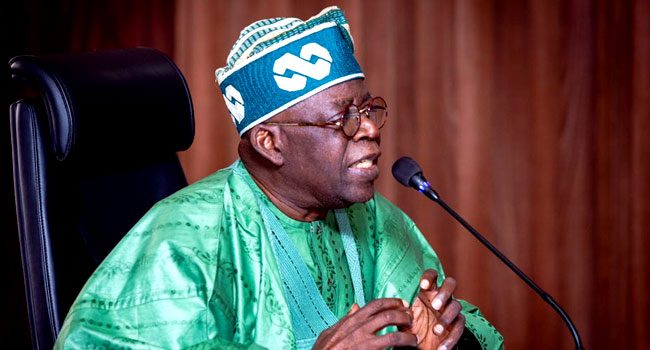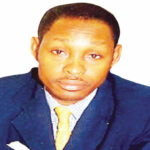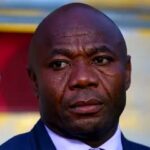
PRESIDENT Bola Tinubu’s recent promise to the Newspaper Proprietors’ Association of Nigeria to keep faith with the rule of law by upholding press freedom, and respect both adversarial and complimentary opinions is timely. While pledging to boldly ‘reinvigorate, retool and reengineer the economy,’ he said, “You have held our feet to the fire, and we will continue to respect your opinions, whether we agree or not.” He should walk the talk.
Similarly, the Minister of Information and National Orientation, Mohammed Idris, acknowledged the role of the media in sustaining “the principles of transparency, accountability, and free flow of information” and urged the collaboration with the media in tackling the country’s numerous challenges.
These calls are welcome because despite 24 years of unbroken civilian rule, basic freedoms, including of the press, are still far from the global standards in Nigeria.
Though the country moved up six paces in its 2023 World Press Freedom Index, the global watchdog, Reporters without Borders, noted that “Nigeria is one of West Africa’s most dangerous and difficult countries for journalists, who are often monitored, attacked and arbitrarily arrested.”
Tinubu should change that narrative. Press freedom is described as “an essential pillar to any democracy” by the News Media Association of UK. It is enshrined in the UN Universal Declaration of Human Rights, and the African Charter on Human and Peoples’ Rights. Nigeria is a signatory to both.
Undoubtedly, press freedom has improved under civil rule from the arbitrary days of military dictatorship when juntas frequently detained journalists, shut down media premises, and proscribed publications.
But abuses persist. The RSF 2023 ranked Nigeria 123rd out of 180 countries. It lamented that “the country has consistently been found to record the most press freedom violations in the Media Foundation for West Africa’s quarterly Freedom of Expression Monitor.”
It added, “Security agents have been notoriously hostile to journalists, physically attacking media professionals and routinely arresting them and seizing or destroying their equipment. Nigeria’s serial press freedom violations and attacks on dissent are an abnegation of the state’s responsibility to protect journalists and uphold freedom of opinion.”
Incidents abound: online publishers, Precious Eze, and Omoyele Sowore; journalists-activists, Chido Onumah, and Jeremiah Omoniyi of the Centre of Journalism Innovation and Development, are among professionals harassed by the Nigeria Police, the Department of State Services, and other state officials.
Attacks on basic freedoms rose under the immediate past administration of Muhammadu Buhari. Several state governors followed the nefarious path, using police and the DSS. At least 24 journalists were killed between 1992 and 2023, while several others remain missing, says the US-based Committee to Protect Journalists.
In its 2023 ‘Freedom in the World’ survey, the UK NGO, Freedom House, rated Nigeria a low 43 out of a maximum score of 100 in basic rights and press freedom. It noted: “Officials restrict press freedom by publicly criticising, harassing, and arresting journalists.” CJID documented 53 attacks against journalists in 2022, while the National Broadcasting Commission suspended the licences of 53 radio stations. Buhari’s information minister made several moves to censor free speech online.
Tinubu should instil respect for fundamental rights and the rule of law. The DSS, Police and the military should operate strictly within the law. All agencies and public officials must comply with the law, especially in the declaration of their assets, and in responding fully and swiftly to requests made under the Freedom of Information Act.
Tinubu should quickly fulfil his promise to improve the enabling economic and social environment for media practice and enterprise to thrive.





